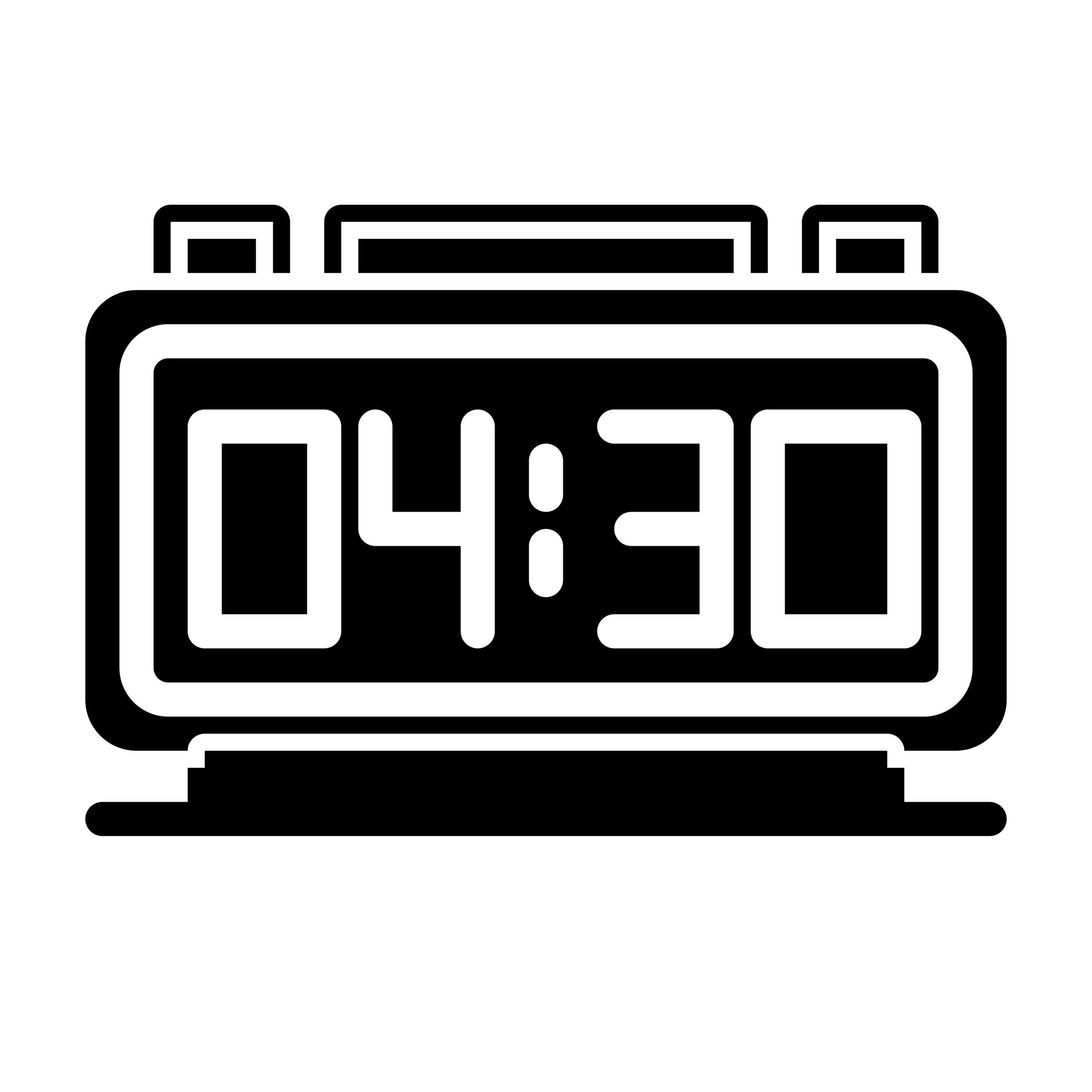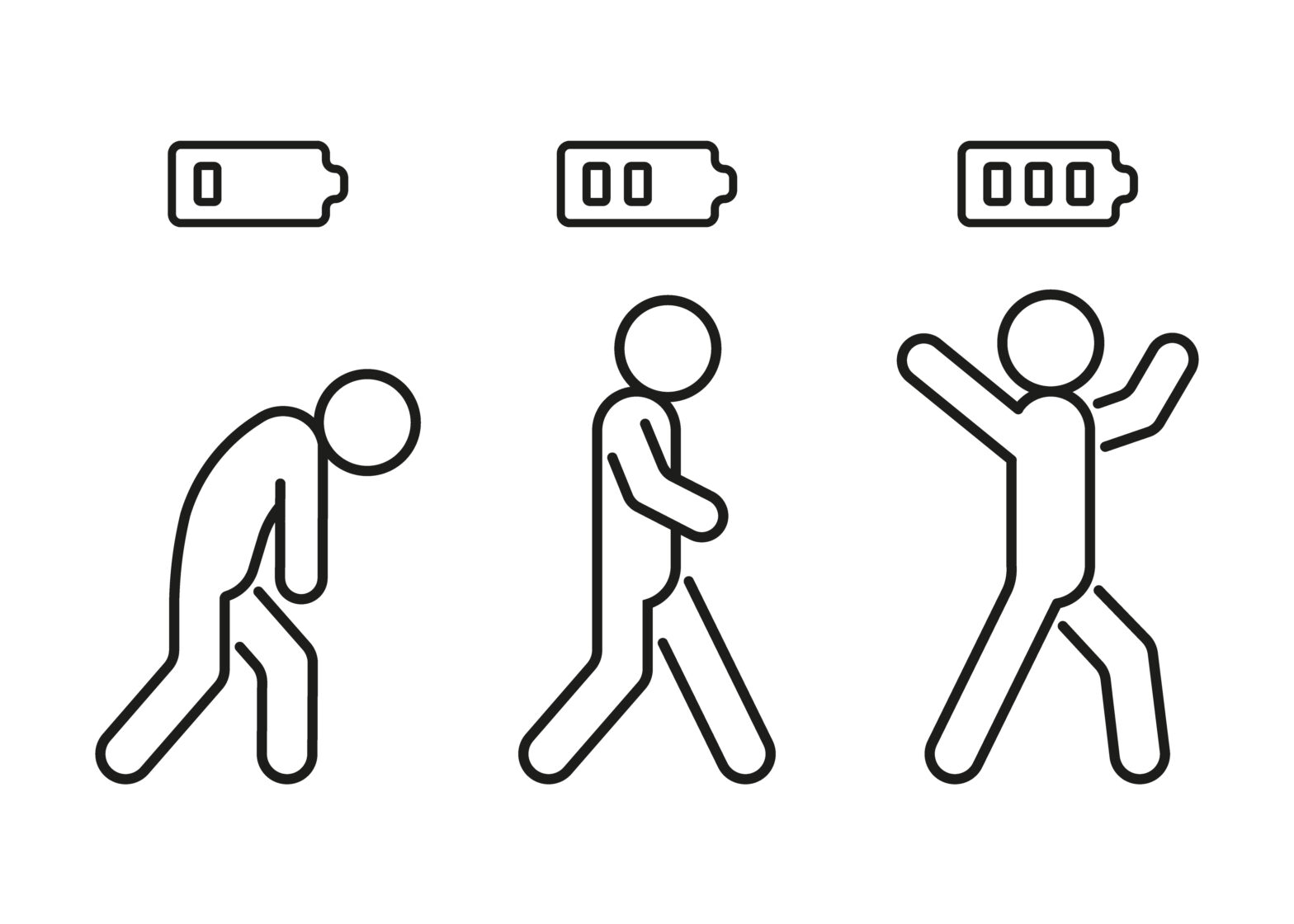10 Habits That Make You Tired, Anxious, and Frustrated (And What To Do Instead)
How would you rate your daily energy level from “1” (sound asleep) to “10” (Tony Robbins on stage)?
Energy is the currency of high performance.
Time is important and money doesn’t hurt, but your ability to invest your attention and intention comes from your own capacity for energy.
I’m not talking about the Starbucks buzz from a triple shot of espresso.
I’m talking about the fuel source for your brain and body that compels you to take meaningful action in your personal and professional life.
The unrelenting pace of our demand-filled lives has created a “human energy crisis” however, leaving us tired, anxious, and frustrated.
In an ironic twist, many of the habits we create to “keep up” with this unrelenting pace drain our energy tank even further.
When you become aware of these energy sabotaging habits, you have an opportunity to turn them from obstacles into opportunities for how you want to feel and perform.
Below are 10 of the most common personal habits that are draining your energy tank, and how you can modify each to create the energy you need to thrive.
Click on the highlighted text for more information and tips on how to change your habits!
That cup of coffee can give you more energy and alertness, but in high doses (more than 300mg/day) it can do the opposite.
Caffeine is a drug that interferes with natural chemicals in your brain that cause fatigue. It metabolizes relatively slowly, so high doses can impact you for a long period time. This can interfere with sleep quantity (how long you sleep) and quality (how well you sleep), increasing your exhaustion and creating the need for more caffeine.
The cycle continues.
If you drink caffeine, do it early in the day (before 12pm) and consume less than 300mg (about 2 large cups of coffee).
It’s unlikely that your emails contribute to the calm mindset required for quality night’s rest. In addition, your eyes think the blue light from your device is the sun. This interferes with the release of “nighttime” hormones that help you sleep. Less sleep equals less energy, more anxiety, more annoyances.
Try to create a 60-minute buffer between screen work and bedtime.
While there are strategies for fasting that can have a benefit to energy, haphazardly skipping meals sends your brain and body on an energy roller coaster. The weakness and fatigue of extreme hunger often gives way to the tiredness and discomfort of overeating.
Prioritize eating at regular intervals to provide reliable and consistent fuel to your brain and body.
Sitting for longer than two hours at a time decreases blood flow to your brain and interferes with your energy-producing metabolism.
Stand up or move for a few minutes every 2 hours to keep your brain and body energized.
When your brain detects real or imagined danger, your breathing becomes shallow and rapid. Amidst the stress of the day, we often stay in this stress breathing cycle, convincing your body and brain to prepare to fight the danger. This quickly depletes your energy stores, leaving you anxious and annoyed.
Reset your breathing a few times per day by taking a deep breath for 4 seconds in through your nose while expanding your belly. Hold that breath for 7 seconds, then exhale for 8 seconds.
Vegetables are nature’s superfood, providing you with essential energy creating, disease fighting nutrients that are hard to find elsewhere.
Energize your meals by filling half your plate with veggies.
Multitasking
Your brain can only focus effectively on one thing at a time. Introducing more than one task (checking email while on a zoom call, texting and driving, etc.) decreases productivity while increasing error rate and task anxiety. This makes your brain use a lot of energy to work slowly and ineffectively.
“Chunk” your focus to a specific task for a period of time before switching to another.
Thousands of unique hormonal and chemical interactions happen during sleep that recharge your brain and body. Interfering with your quality and/or quantity of sleep prevents these interactions from happening effectively, creating a downward spiral of energy, mood, and performance the following day.
Take steps to get 7-9 hours a night of quality sleep, with no less than 6.
Alcohol is a nervous system depressant, so it can help you relax. As it’s metabolized however, relaxation is replaced with
a stress response, increasing heart rate and feelings of anxiety. Even if alcohol helps you fall asleep faster, it disrupts your quality of sleep, making you wake up groggy and unrested.
Minimize alcohol and separate your last drink from bedtime by at least 2 hours.
Avoiding “stress”
Stress can be a double edge sword in our lives. Stress that’s out of your control can be highly damaging. The stress created by intentionally taking on a challenge however creates growth throughout your brain and body.
When you exercise, intentionally learn something new, or otherwise challenge yourself to grow in some way, your brain and body become stronger and more resilient.
Continue to turn obstacles into opportunities to create the energy to live the life you want to live!


